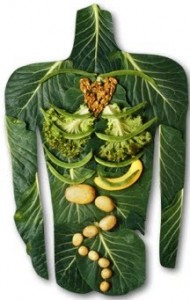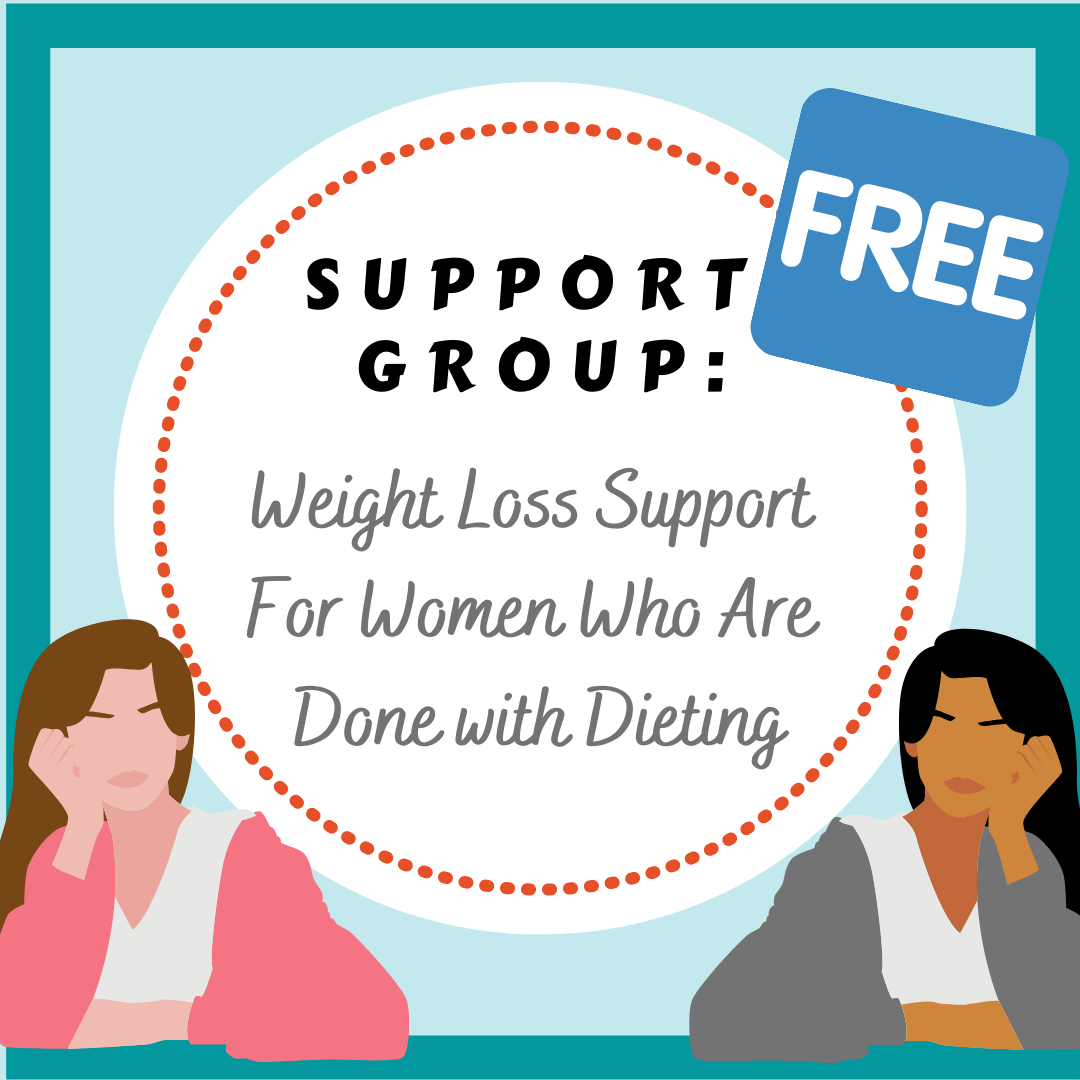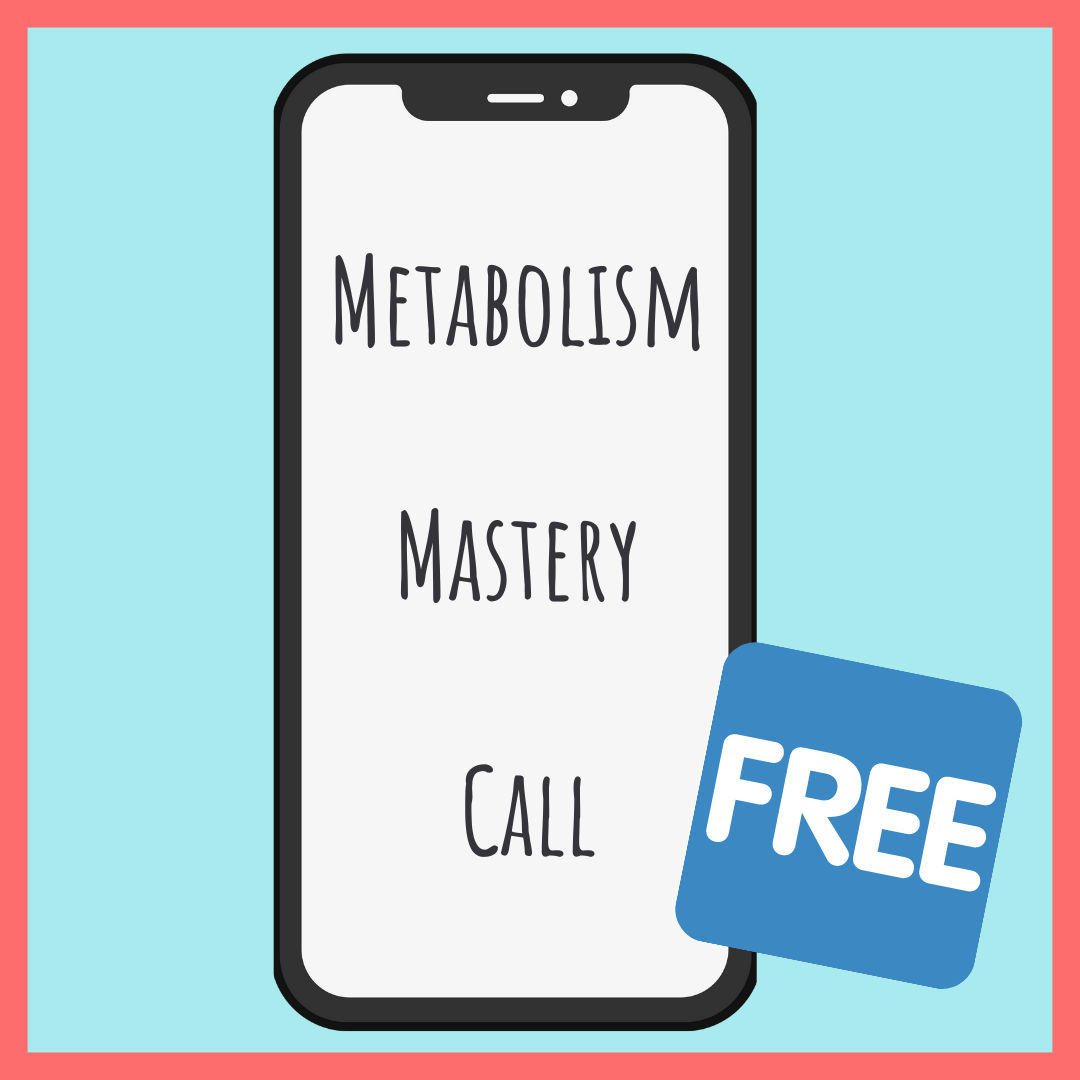 There is a multitude of reasons why people become vegetarians: moral, religious, social, and health concern. While certain health advantages do exist, it is extremely important for anyone contemplating cutting out an entire food group to be conscious of various nutritional depletions.
There is a multitude of reasons why people become vegetarians: moral, religious, social, and health concern. While certain health advantages do exist, it is extremely important for anyone contemplating cutting out an entire food group to be conscious of various nutritional depletions.
Benefits of a vegetarian diet when properly balanced can include a decreased risk for cancer, type 2 diabetes, obesity, lower blood pressure, and cardiovascular disease. With research and lots of hard work preparing healthy food, vegetarians can reap these wonderful benefits as well avoid common nutritional deficiencies.
The most well-known nutritional concern in many vegetarian diets is a lack of protein along with increased carbohydrate consumption which can potentially lead to weight gain and Insulin Resistance. When people think protein, they think juicy hamburgers, not leafy greens. However, there are many plant-based sources of protein that should be an essential component of every vegetarian’s diet. With careful planning, it’s completely possible to eat sufficient protein while monitoring your carbohydrate portions.
Protein consumption is necessary as a supply of amino acids, which our body utilizes to synthesize proteins in the body for immune and metabolic processes. Our bodies require both the essential amino acids, which must be consumed in the diet, and non-essential amino acids which human cells can synthesize. The reason meat is considered an excellent source of protein, is because animal products possess all 9 essential amino acids. However, it’s possible to obtain all 9 of these essential amino acids without having to eat meat, one simply needs to know the correct complementary proteins.
Soy is the only plant-based food that contains all the essential amino acids, therefore it is used as a staple in many vegetarian diets. Unfortunately, dietary soy has been liked to estrogen and thyroid imbalances. Read What’s the Deal with Soy?, for my soy recommendations.
In various cultures and societies where vegetarianism is a norm, complementary proteins are incorporated into their every day diet.
Latin American: beans and rice
Indian: lentils and rice
Mediterranean: green beans, almonds, and hummus
As a general rule of thumb, beans, seeds and nuts will serve as good sources of protein, as well as dairy products, eggs and fish (if you are a non-strict vegetarian). To ensure all the essential amino acids, always combine these complimentary foods:
Beans or Vegetables + Nuts, Seeds or Whole Grains (quinoa is a grain with all the essential amino acids)
Other nutritional concerns for vegetarians are deficiencies of iron, vitamin B-12, vitamin D, and calcium. Generally, I always recommend that my vegetarian clients supplement with a powerful Multi-Vitamin & Mineral with adequate B-12 and iron , a Calcium/Magnesium supplement, as well as Vitamin D.
No matter what your reason is for being a vegetarian, there are general nutritional pitfalls that you should be aware of, and avoid. Vegetarianism can be a nutritious and healthy lifestyle if done correctly. I always encourage my clients to include more fresh vegetables, fruits, beans, nuts and seeds into their diets anyway. Additionally, most meat is acidic to our body and is over-processed with antibiotics, hormones and preservatives. Plant proteins are less expensive, more versatile, add color to your dishes, and are excellent sources of vitamins and minerals. And they don’t have a face!
















Leave a Reply